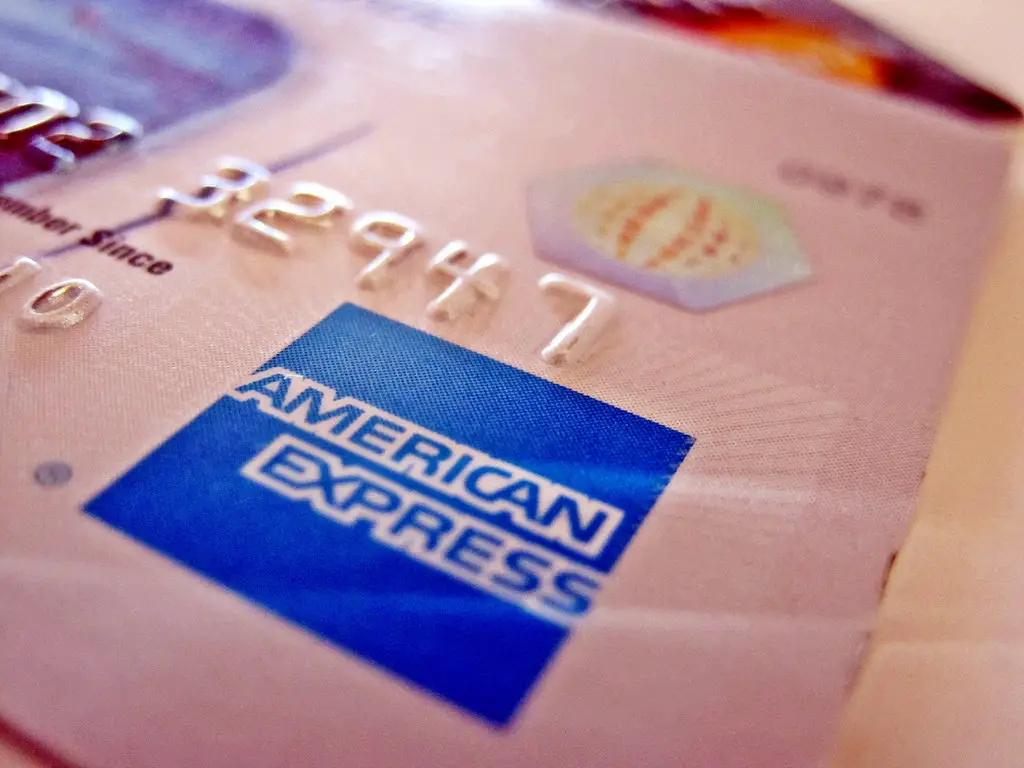Last Updated on 06/29/2021 by GS Staff
When you open up a stock brokerage account, you need to have a way to fund the account so that you can begin trading. This is usually done by transferring money from your savings or checking account into your brokerage account. Alternatively, some brokerage accounts may accept checks (personal or cashier’s), money orders, stock certificates, wires, and transfers from another brokerage account. Several popular brokerage firms do not have a minimum account balance so that you do not have to worry about funding your account with a sizable initial deposit.
In theory, you can use a credit card to buy stocks through a broker. However, generally, brokerage companies do not allow you to directly use a credit to purchase stocks or fund your brokerage account. In order to purchase stocks, you will have to indirectly use your credit card for the transaction. Before we get into how it is done, we highly advise you not to use your credit card to purchase stocks. You will see why as you read on.
Cash Advance
To buy stocks with a credit card, you would have to take a cash advance from your credit card. This is usually done by visiting an ATM or a bank and having cash withdrawn from your credit card. You would then take this cash and deposit it into your bank account. You would then use your bank account to transfer funds into your brokerage account. We do not know of any brokerage account that allows you to directly fund your account with a credit card.
There are a few reasons why using a credit card to buy stocks is almost always not a good idea. First, a credit card cash advance commonly has a much higher interest rate than the rate charged for everyday purchases. Let’s use the Chase Sapphire Preferred credit card as an example. This card has an annual percentage rate (APR) of 16.99% for purchases assuming you have good credit. However, the cash advance APR is a whopping 25.99%. This credit card also issues a cash advance fee of the greater of $10 or 5% of the amount of each transaction. You may also be issued an ATM or bank fee for taking a cash advance depending on the card. Additionally, there is no grace period to pay off the balance. You start accruing interest the day the transaction takes place.
Based on the above interest and fees, you would have to expect a significant return on your investment in a reasonable time to justify using a credit card to purchase stocks. You will not make a return on your investment until the investment return exceeds the interest/fees you paid the credit card company. This is quite a steep mountain to climb. Furthermore, the longer you have to wait for the investment to pan out, the more the interest starts piling up assuming you keep a credit card balance. In most situations, it just doesn’t make sense to use a credit card for stock purchases. Check out our article on cash advances for a detailed explanation on why they are generally not a good idea.
Immediately Paying Off The Balance
You could consider taking a cash advance to fund your stock brokerage account and then immediately pay off the balance. This would minimize the interest charges, however, the fees charged for taking a cash advance don’t make this a viable option in most cases. Additionally, if you have a rewards credit card, you might be thinking that you could fund your brokerage account to obtain the reward benefit (i.e. 1.5% cashback of the charge amount). However, rewards are typically only given for purchase transactions and not cash advances. Even if the reward was allowed, the reward would have to outweigh the interest/fees charged to justify the transaction.
Final Personal Note
Just before the dot com bubble, I received a stock tip from a relative. The tip was so good that I had to react immediately and buy the stock. The problem was that I was a poor college student. I knew very little about investing but this was a sure thing. I stupidly took a cash advance to fund a brokerage account. For some reason, there was a problem where I never was able to get the online brokerage account setup. I foolishly didn’t immediately pay back the cash advance but left it in a bank account for spending money. Obviously, the interest charge was enormous and it took me a very long time to pay back that debt. FYI, that investment never panned out and the company eventually went bankrupt. Rarely is taking a cash advance a good idea, especially for buying stocks.
Image Credit: taxrebate.org.uk/
